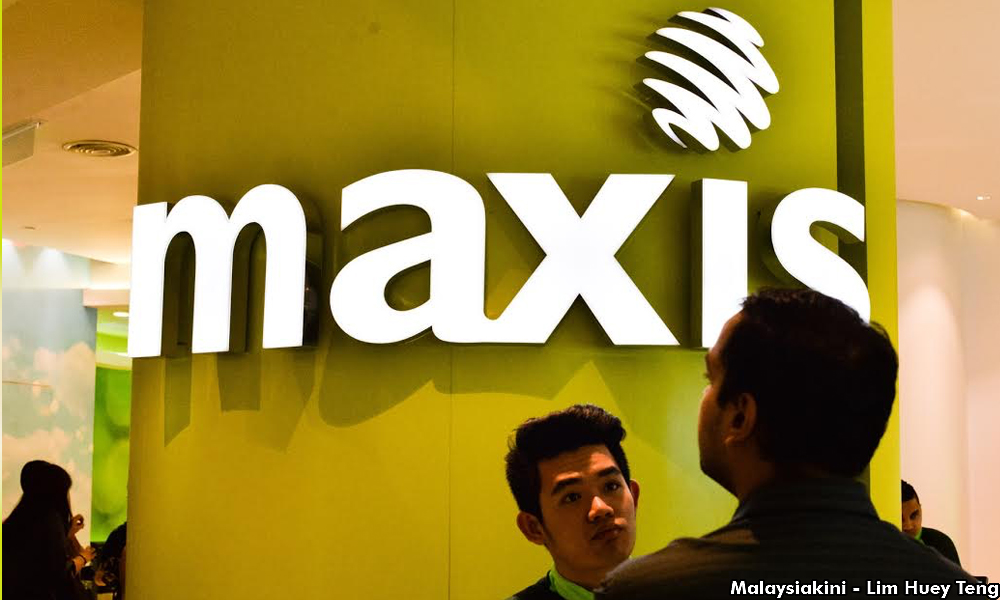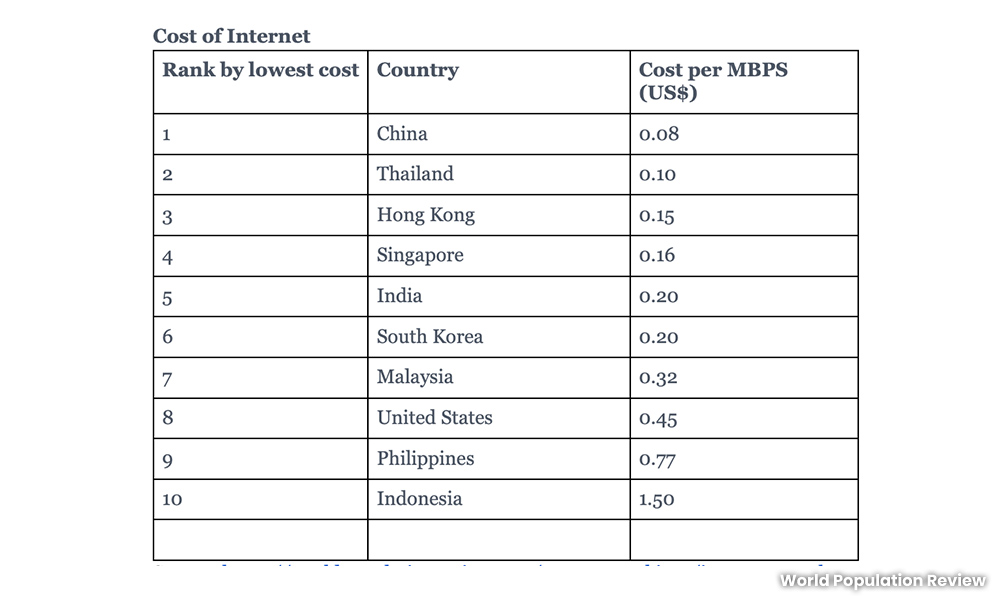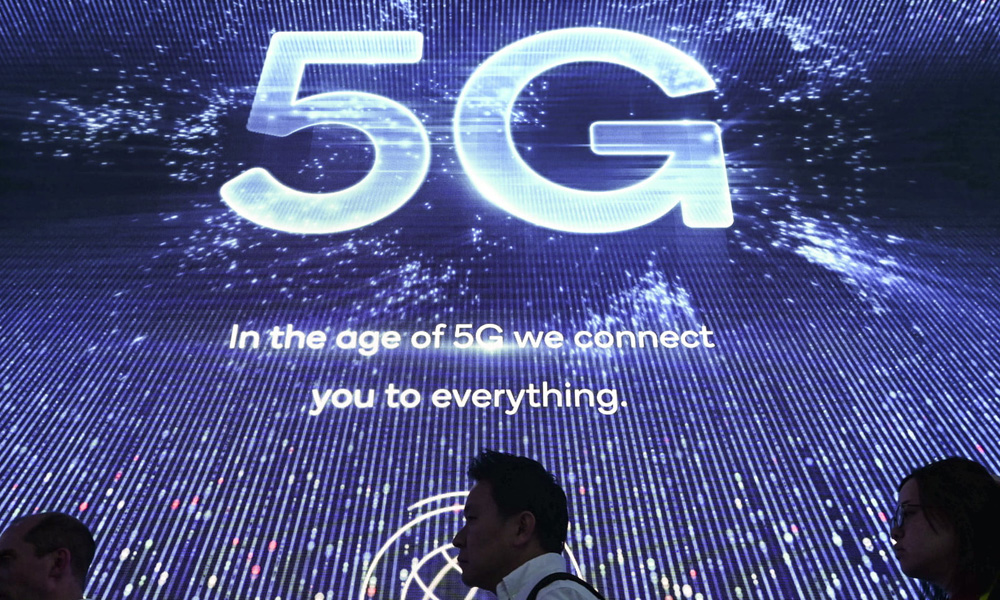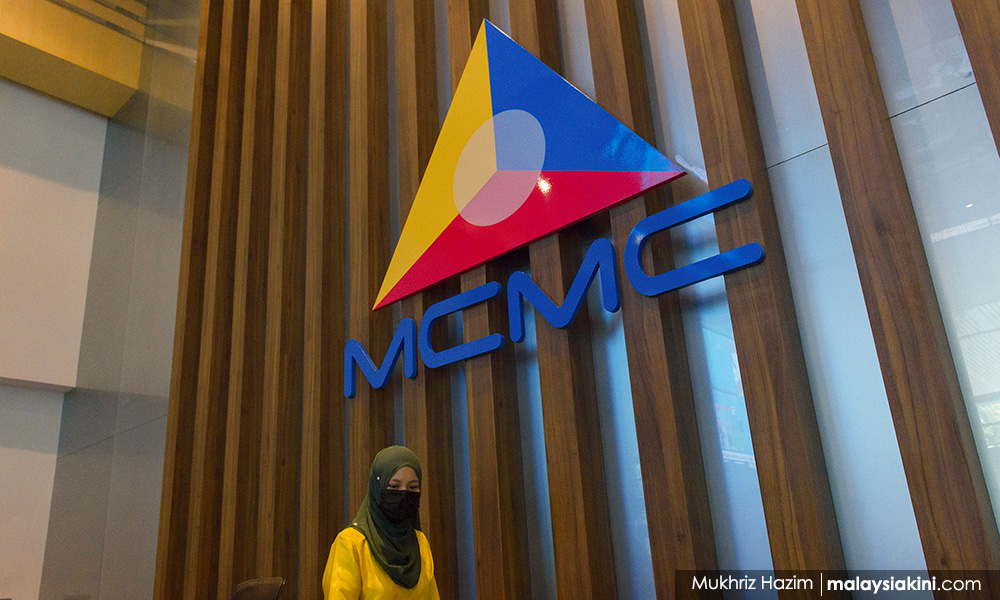My comment last Friday, “No fibre, no 5G, that's my problem” has elicited a swift, speedy reply from the telecommunications regulator Malaysian Communications and Multimedia Commission (MCMC).
I thank them for their quick response which is more than I can say for most other regulators and it is something that I hope others will emulate to help shed clarity on issues of great public importance.
However, I have to take issue with some points which arose.
1. No formal complaint to MCMC
I made no complaints to MCMC, true but I made many complaints to Maxis, both about broadband fibre and the non-existent 5G services.
By highlighting the article and mentioning MCMC’s role, I hoped for some action from MCMC, not only over this issue but the overall state of telecommunications and its problems as stated in my article.
To their credit, MCMC took the initiative to investigate but arrived at my house without any prior notice. When their service person called me, I was in Kuala Lumpur already engaged in other things. This could have been easily avoided by contacting me earlier.
MCMC states they tested 4G and 5G speeds outside my house which does not reflect the true situation as inside the house there is no 4G at times in some places, let alone 5G.
The other thing to remember is that services fluctuate from time to time and constant random monitoring is necessary to assess service levels.
Also, part of the reason for the damage to the fibre was because the original laying of the cables was too shallow as shown by the picture of the cable I reproduced in the article.
I can confirm MCMC officials are scheduling another visit to check service levels inside my house.
2. The issue of lack of competition
One clear indication of a lack of competition is the practice of tying customers down to a broadband service for two years.
Maxis told me any change in service requires a two-year contract, even if new contracts are being offered at a lower rate for the same service.

I presume it is the same for other providers. Why permit such non-competitive behaviour among service providers, making it impossible to switch services?
Service prices are difficult to compare across countries simply because they are tied back to service reliability and delivery.
From my own experience, Maxis does not always deliver 800Mbps at the tap as contracted and sometimes far less than this. Service outages are frequent.
If MCMC says the rates are cheaper than most Asean countries, it would be good to provide the evidence.
I checked the internet and came to this website which gives internet cost by country for 2024. I extracted the table for 10 countries from the site cited below.

From the above, Thailand and Singapore provide much lower cost internet than Malaysia, with Thailand’s cost less than a third and Singapore’s half of Malaysia’s. Clearly, Malaysia is not competitive here.
The other two Asean 5 countries have very high costs because both the Philippines and Indonesia have thousands of islands over which service has to be provided.
Malaysia’s situation is most comparable to Thailand, not the Philippines or Indonesia. So MCMC’s assertion that Malaysia’s broadband services are cheaper is invalid - they are not, on a fair comparison.
I don’t have the means, time or resources to do this definitively but MCMC has experts who can do so for internet, 4G and 5G (I have not done a comparison for 4G and 5G here), and for broadband services. Let them provide valid comparisons for other countries giving adequate data and explaining them fully.

Again I reiterate, if you must sign up for two years for a broadband service, what kind of competition does it promote?
Maxis’ new offerings for broadband are cheaper than what I am paying now. If I change the service, I must sign up for two years. Is that fair when I know broadband costs are going down? If I don’t I keep on paying higher than existing rates.
And when your rates for mobile anecdotally don’t compare very well with even some industrialised countries, what can we infer?
MCMC should provide the data publicly to make those comparisons possible and the rates charged by providers and their reliability. Then we can decide from a position of knowledge.
With Celcom and Digi merging, the number of major players, already only three, has been reduced to two. It is easy to not compete and ensure everyone makes money.
This is where I say regulation is important - set the rates based on costs, returns and international rates. This is the role of MCMC.

I honestly feel that MCMC should pay much more attention to these crucial issues which play a very important role in keeping our business competitiveness up instead of wasting time on non-issues such as controlling internet media just because some politicians want it.
The laws in place are already more than adequate and are being abused to intimidate the media as I pointed out here in an article titled “Let’s stop the slide in press freedom”.
I hope this reply gives a good indication of where I am coming from. -Mkini
P GUNASEGARAM thanks the MCMC for engaging with the public on this and hopes it welcomes this feedback in the spirit it was made - to improve telecommunication services.
The views expressed here are those of the author/contributor and do not necessarily represent the views of MMKtT.




No comments:
Post a Comment
Note: Only a member of this blog may post a comment.